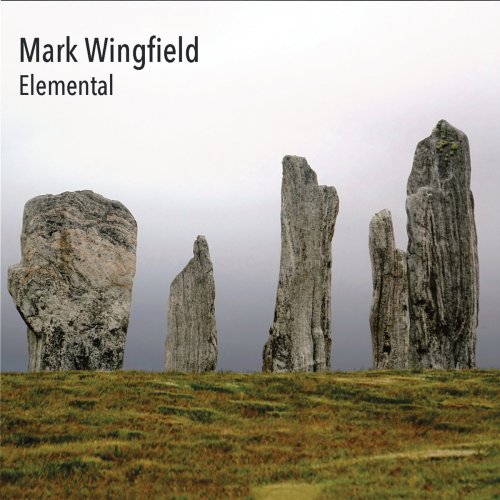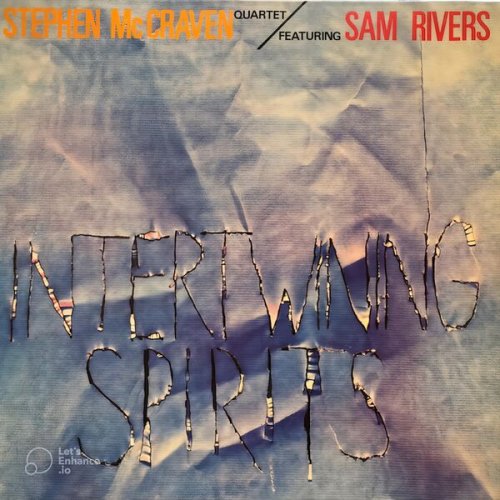The Tallis Scholars - The Tallis Scholars Sing Josquin (2006)
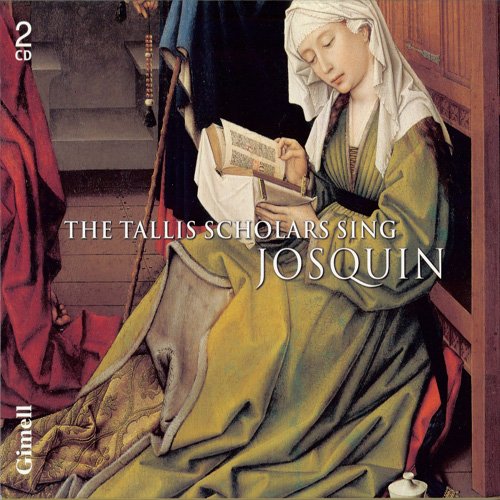
Artist: The Tallis Scholars
Title: The Tallis Scholars Sing Josquin
Year Of Release: 2006
Label: Gimell
Genre: Classical
Quality: FLAC (image + .cue, log, scans)
Total Time: 02:29:32
Total Size: 633 MB
WebSite: Album Preview
Tracklist:Title: The Tallis Scholars Sing Josquin
Year Of Release: 2006
Label: Gimell
Genre: Classical
Quality: FLAC (image + .cue, log, scans)
Total Time: 02:29:32
Total Size: 633 MB
WebSite: Album Preview
Disc 1:
01. Plainchant: Pange Lingua
02. Kyrie
03. Gloria
04. Credo
05. Sanctus & Benedictus
06. Agnus Dei
07. Kyrie
08. Gloria
09. Credo
10. Sanctus & Benedictus
11. Agnus Dei
12. Praeter Rerum Seriem
13. Ave Maria 4w
Disc 2:
01. Anonymous Chanson: L'homme Arme
02. Kyrie
03. Gloria
04. Credo
05. Sanctus & Benedictus
06. Agnus Dei
07. Kyrie
08. Gloria
09. Credo
10. Sanctus & Benedictus
11. Agnus Dei
Made in the mid-'80s, these recordings helped establish the reputation of the small, mixed-gender Tallis Scholars as one of the premier vocal ensembles specializing in the unaccompanied choral music of the Renaissance. They are devoted mostly to Josquin's masses, with just two delicious examples, one of them the famed Ave maria...virgo serena, of the composer's motets. The decision to make this reissue a two-disc set was a wise one, for it takes several full examples to really get a grip on what's happening in Josquin's treatment of the mass. Josquin was a genius both as a progressive and as a conservative. His motets and secular songs were novel works that played a major part in forging the modern conception of an indissoluble link between text and music, but many of his masses were based on the cantus firmus principle that was hundreds of years old at the time. Here we get four complete masses: two based on the "L'homme arme" tune that (for reasons still not fully understood) served as cantus firmus for dozens of Renaissance masses; one, the Missa Pange lingua, based on plainchant; and one, the Missa la sol fa re mi, based with dizzying variety on a five-note phrase indicated by the solmization syllables of the title. The liner notes clearly and economically describe how the preexisting material is used in each case, and the marvelously clear textures of the Tallis Scholars help the listener along. What places these among the top rank of Tallis Scholars performances is the splendid variability of the group's approach here. It is known for quiet, almost transparent sound, but in the Missa Pange lingua it is much more assertive, almost belting out (in Renaissance terms, at least) Josquin's lines as he atomizes the chant and builds it into gathering waves of motivic energy. (Director Peter Phillips resurrects Gustave Reese's terrific description of this mass as "a fantasy on a plainsong" in his notes.) The Tallis Scholars adjust their sound seamlessly, becoming neutral of the abstract Missa la sol fa re mi, circumspect and extremely transparent for the highly complex Missa L'homme arme super voces musicales (which takes the tune through a series of transpositions), and bright and sunny for the Missa L'homme arme sexti toni (Missa L'homme arme in the sixth mode). If you are new to Renaissance music, Josquin's motets, not his masses, are the place to start. The masses are certainly an early stop, however, and these performances are likely the best single-package overview available. -- James Manheim
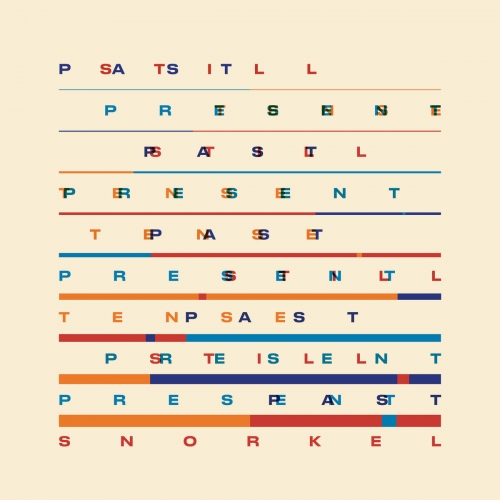
![Bobby Meckam - Trumpet and Jazz in Strings (1981/2025) [Hi-Res] Bobby Meckam - Trumpet and Jazz in Strings (1981/2025) [Hi-Res]](https://www.dibpic.com/uploads/posts/2025-12/1766062047_cover.jpg)
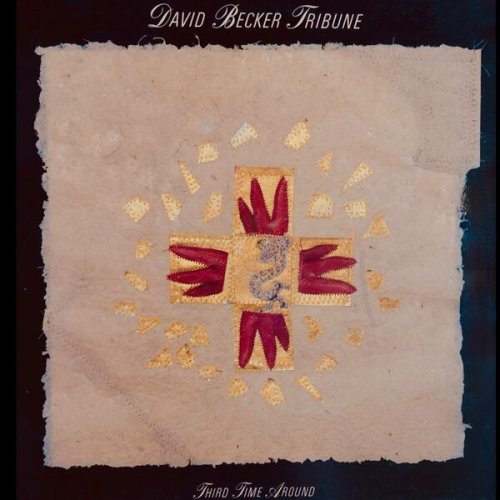


![Rachel Kitchlew, SFJ - Flirty Ghost (2025) [Hi-Res] Rachel Kitchlew, SFJ - Flirty Ghost (2025) [Hi-Res]](https://www.dibpic.com/uploads/posts/2025-12/1765896408_qvf41hr1ljj8a_600.jpg)

